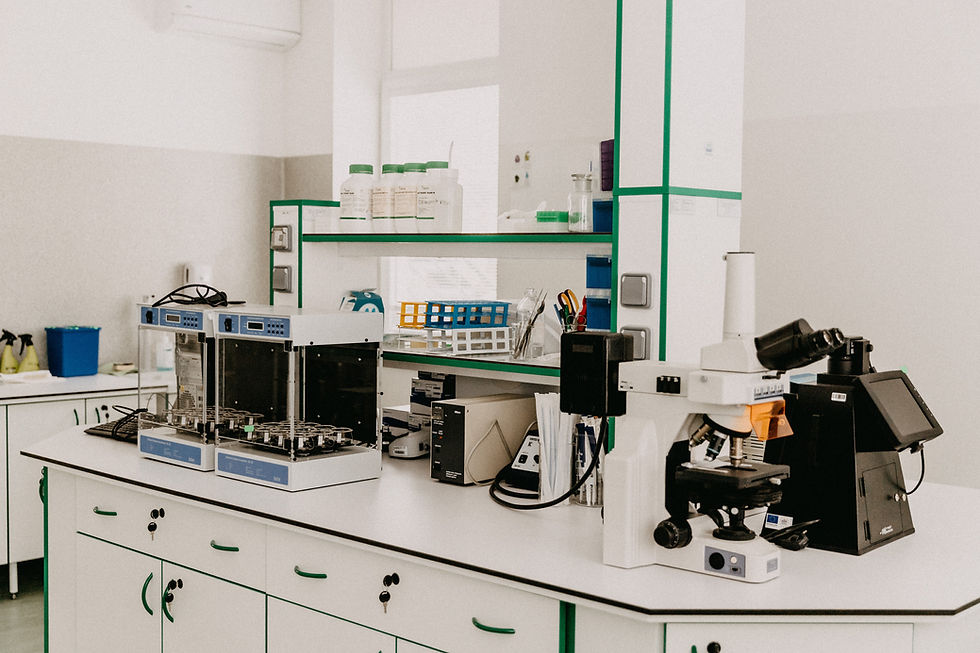Groundbreaking Drug Extends Lifespan of Lab Mice by 25%, Potentially Slowing Human Aging
- meowdini
- Jul 18, 2024
- 2 min read
A new drug has significantly extended the lifespans of laboratory animals by nearly 25%, sparking hope among scientists that it could eventually slow down human aging as well. The treated mice, dubbed "supermodel grannies" in the lab, exhibited youthful appearances, superior health, and reduced cancer incidence compared to their untreated counterparts.

Breakthrough in Aging Research
The promising findings come from a collaborative effort by the MRC Laboratory of Medical Science, Imperial College London, and Duke-NUS Medical School in Singapore. The researchers focused on a protein called interleukin-11, which increases in the human body with age and contributes to higher levels of inflammation. By targeting this protein, the team believes they can influence the biological processes that control aging.
Experiments and Results
The researchers conducted two primary experiments:
Genetic Engineering: Mice were genetically modified to be unable to produce interleukin-11.
Drug Treatment: Older mice, equivalent to 55-year-old humans, were regularly administered a drug to eliminate interleukin-11 from their bodies.
The results, published in the journal Nature, revealed that the mice's lifespans increased by 20-25%, depending on the experiment and the mice's sex. These mice not only lived longer but also displayed better muscle function, leaner bodies, healthier fur, and improved scores on frailty measures.
Human Trials and Future Implications
While the drug is already being tested in people, its anti-aging effects on humans remain uncertain. The drug, a manufactured antibody targeting interleukin-11, is currently being trialed in patients with lung fibrosis, a condition where lung scarring makes breathing difficult. Early data suggests that the drug is safe for human use.
Expert Opinions and Considerations
Prof. Stuart Cook, one of the leading researchers, expressed cautious optimism about the findings. He believes that if the drug's effects on humans mirror those observed in mice, the impact could be transformative. Prof. Anissa Widjaja from Duke-NUS Medical School added that this research is a crucial step toward understanding aging and potentially extending healthy human lifespans.
However, experts also urge caution. Ilaria Bellantuono, professor of musculoskeletal aging at the University of Sheffield, highlighted the challenges, including the lack of patient evidence and the high cost of such treatments. She emphasized that treating every 50-year-old for the rest of their life is currently unfeasible.
This discovery marks a significant milestone in the quest to understand and potentially manipulate the aging process. While more research and human trials are necessary, the potential for extending healthy human lifespans offers a tantalizing glimpse into the future of aging research.
Source: BBC

Comments